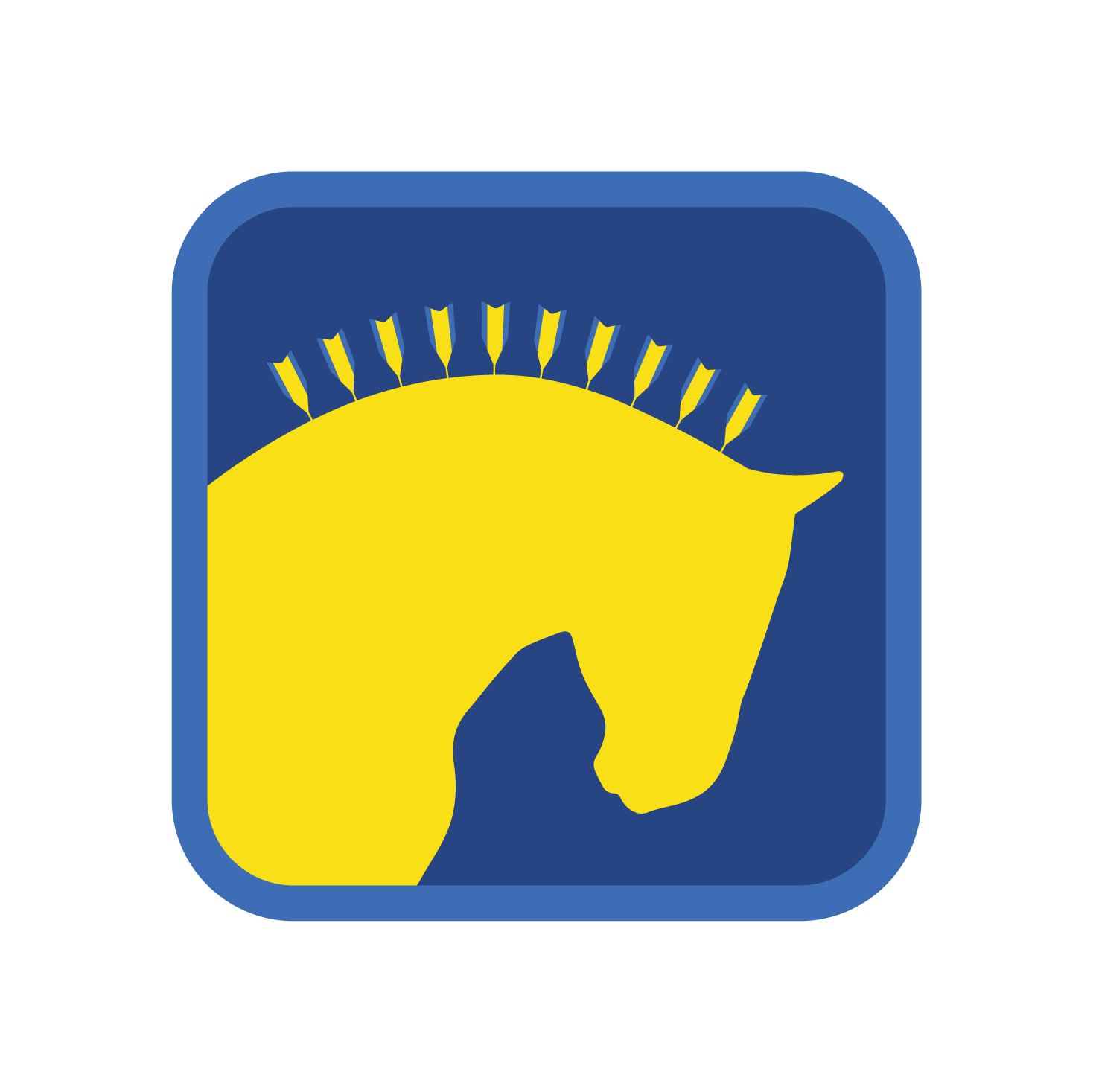The Colony Stud

WE BREED SUFFOLK HORSES
We are the longest established stud dedicated to breeding Suffolk Punch horses.
Suffolk Punch horses have been bred at The Suffolk Punch Trust’s Colony Stud for over 260 years.
We own and breed our own stock of Suffolk Punch horses, and also offer competitively-priced stud services for owners who wish to stable their horses with us for breeding, foaling, training, weaning, and livery.
Say hello
Our Suffolk Punch Horses
Native to Suffolk
Other Rare Breeds
-
Silver Appleyard Ducks
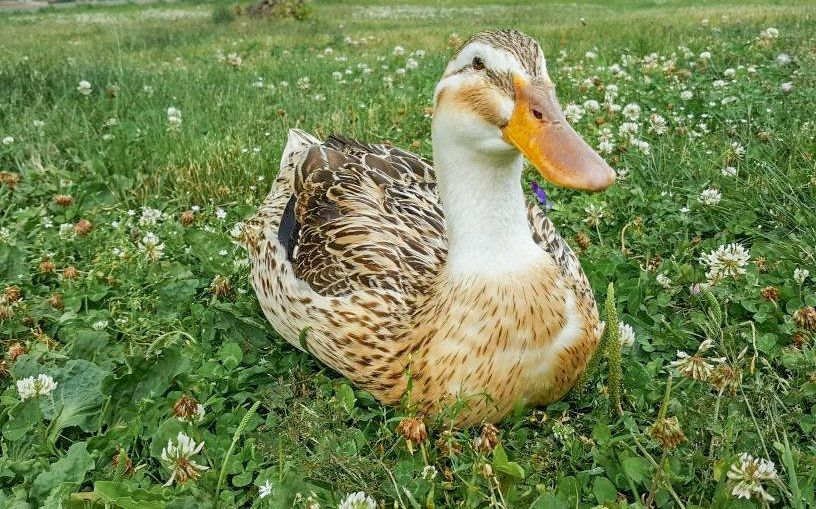
Silver Appleyard Ducks are named after Reginald Appleyard, who created this duck in the 20th century.
He believed it to be the ultimate duck! They have white plumage (feathers) with different shades of grey and brown markings. The females can be quite quacky, but the males are quieter.
They are calm, intelligent and curious birds that are too heavy to fly. They do, however, like to flap a lot! Most live up to 8 years but some can live up to 12 years.
They are bred for their lean good meat quality and nutritious eggs (females can lay up to 265 white eggs a year).
-
Suffolk Sheep
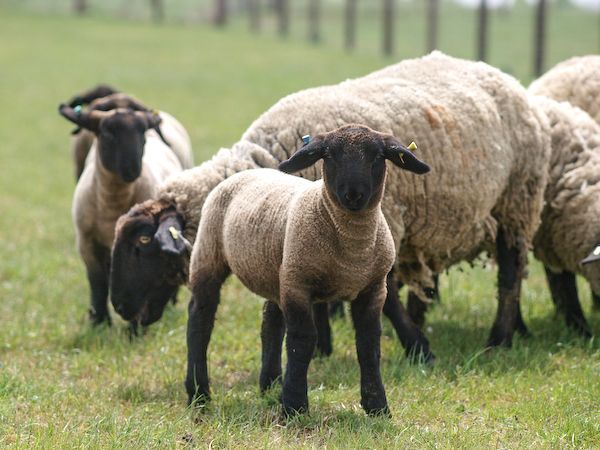
We have the oldest registered flock here at the Suffolk Punch Trust. The breed has a history dating back to the 18th century. The breed is a result of breeding a Norfolk Horn ewe with a Southdown ram.
They were originally known as Blackfaces as they are a black faced breed with black legs and white woolled bodies. They have bell-shaped ears that hang downwards and are muscular and polled (hornless). They grow quickly and are bred for meat but can be used for wool. They can live for up 14 years.
-
Ixworth Chickens
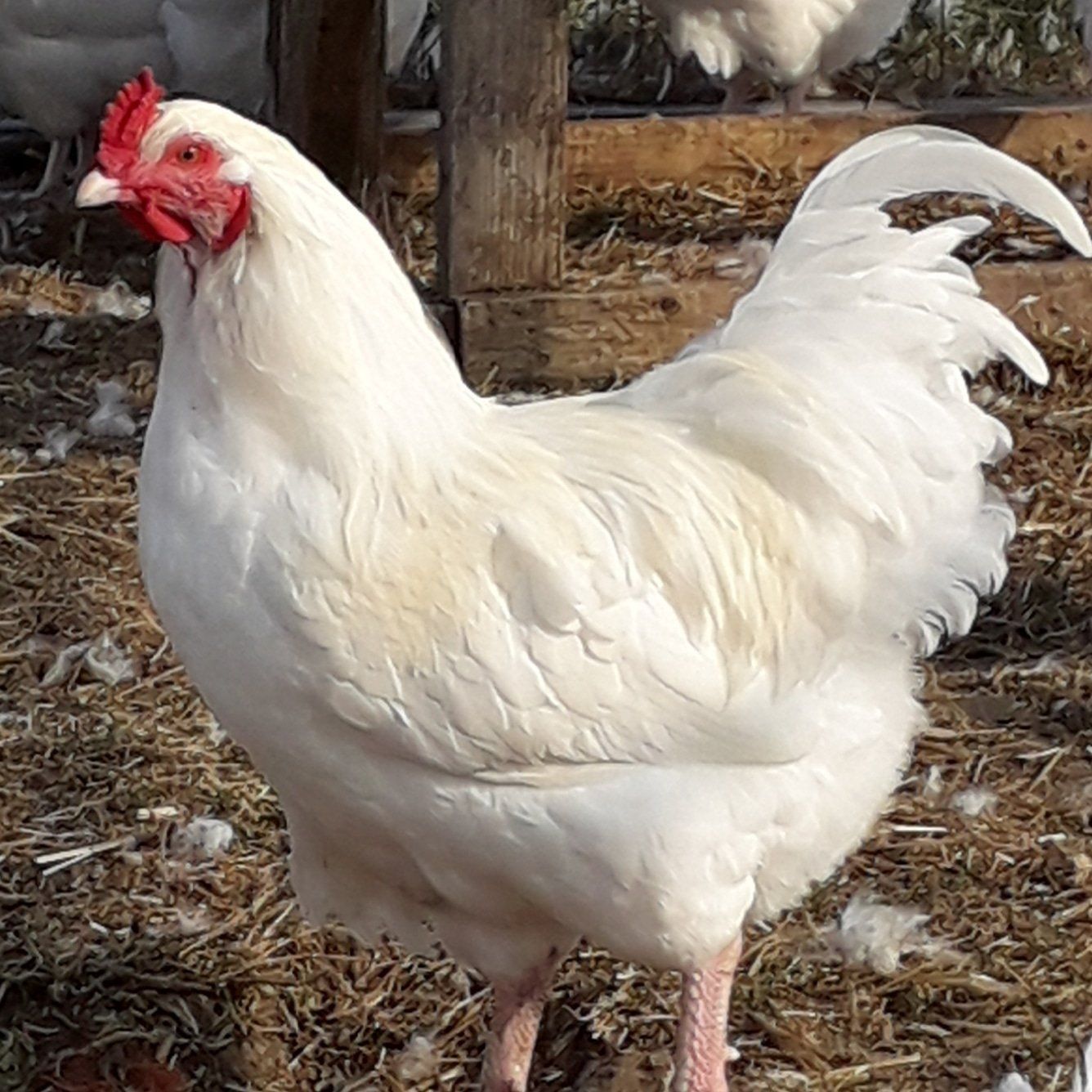
These are named after the village of Ixworth in Suffolk. The breed was created in the 20th century by Reginald Appleyard. Breeds used in this chicken included: White Sussex, White Orpington, White Minorca, White Old English Game, Jubilee and Dark Indian Game.
They are pure white with white legs and orange eyes, with a red pea comb and a tail held low. They have small wattles in the hen and the comb and wattles on the cockerel are also quite small. They are a calm, chatty chicken - not aggressive at all in a flock.
The breed nearly went extinct in the 1950s as faster growing hybrid broilers arrived. They lay 150-180 off-white eggs each year and can live for up to 10 years.
-
Red Poll Cattle
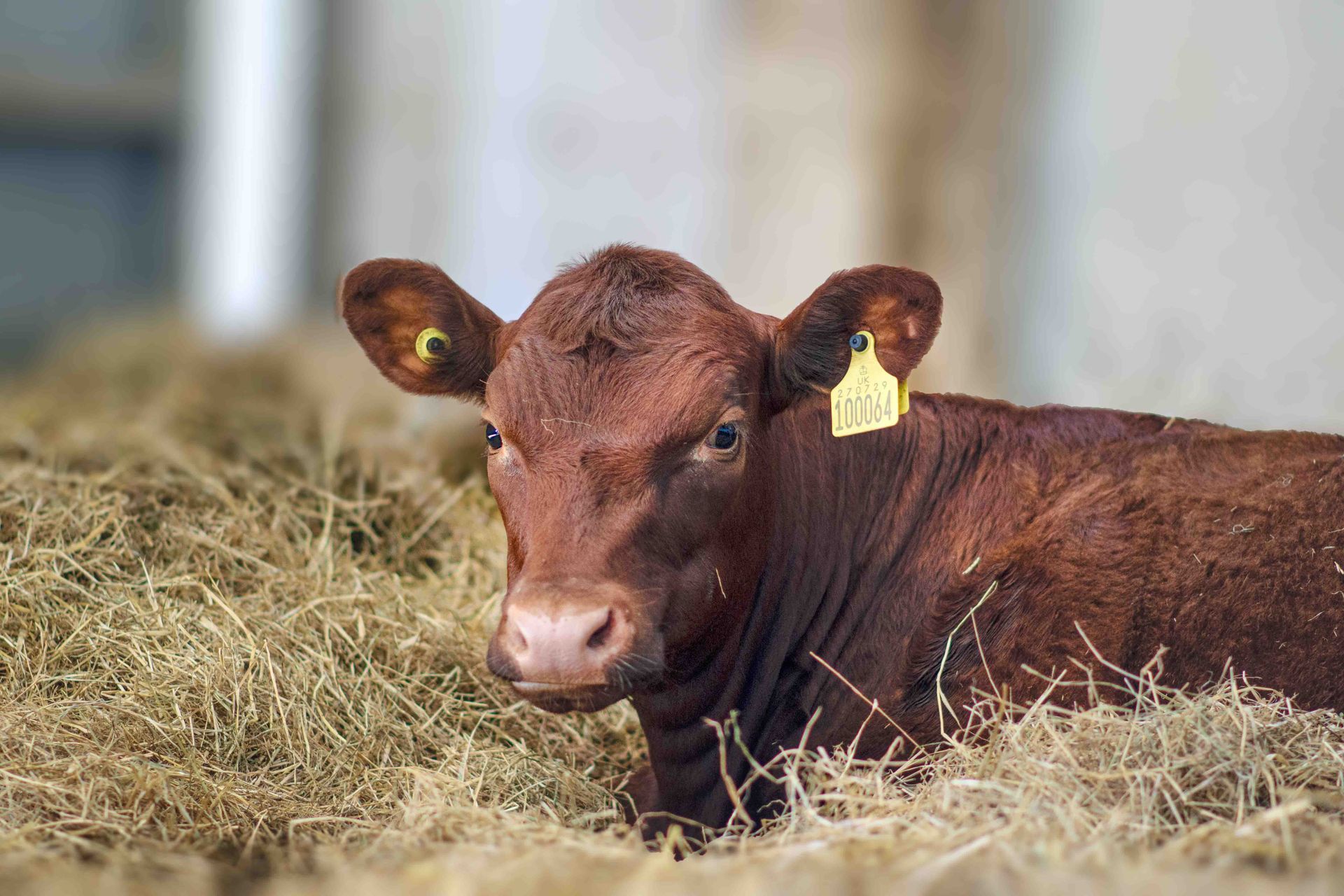
Red Poll cattle were first introduced in East Anglia in the19th century. Norfolk Red and Suffolk Dun cattle were crossbred to form the Red Poll.
They are a deep, reddish-brown colour and are polled (without horns). Red Poll cattle are known for being docile, hardy and able to adapt various climates - from cold and wet to warm and dry. They are used for both meat and milk production and can live for 15 years or more.
-
Chequered Bantums
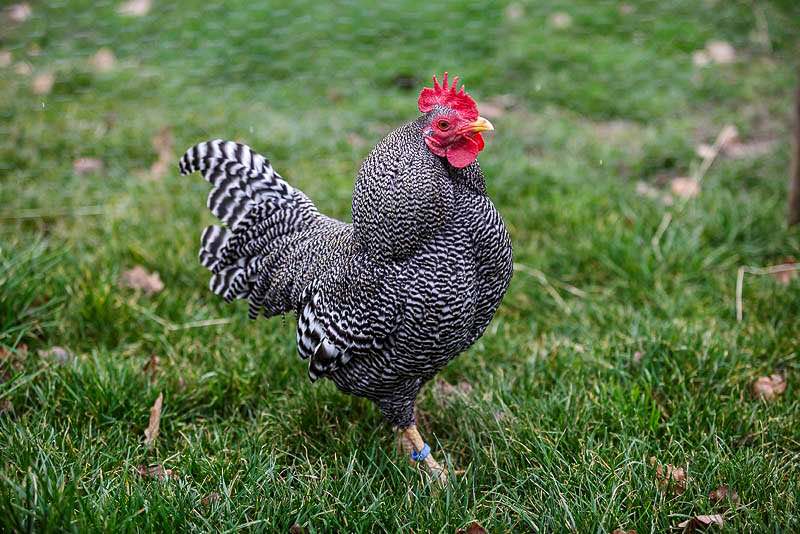
In 1994, Suffolk-based geneticist, Trevor Martin, crossed a miniature Barred Rock male with a brown laying hen, the idea being to create a fowl displaying the attractive barred plumage of the Plymouth Rock, but with a longer tail. The breed was accepted by the Poultry Club of Great Britain in 2013.
They are a small chicken breed and make a great addition to any flock, laying around 200 eggs per year. Most live for between 4 and 8 years.
-
Our Other Animals
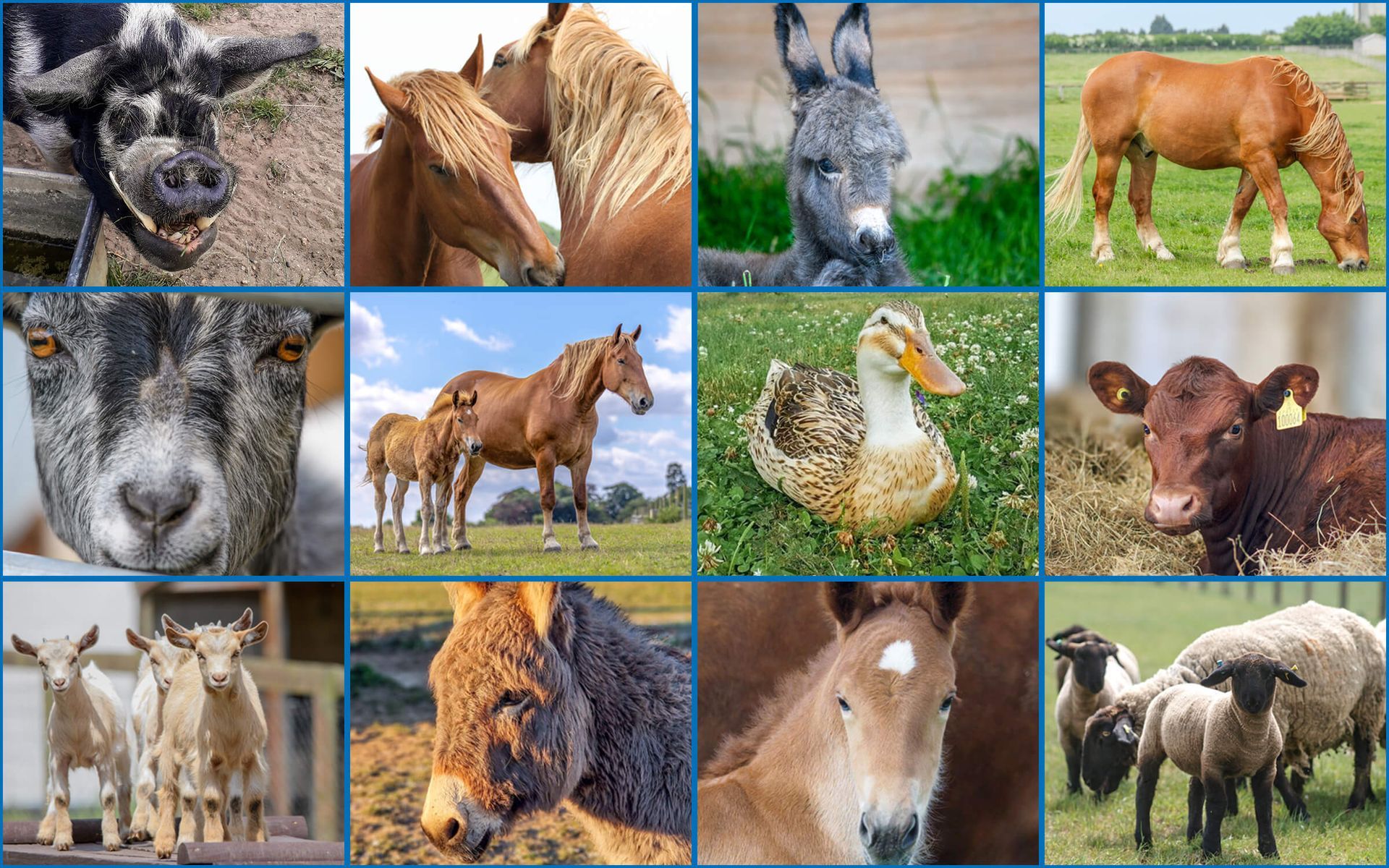 Meet the Other Animals
Meet the Other AnimalsWe have other animals here at the Suffolk Punch Trust...
We also have other animals you can meet, such as Shetland ponies, Pygmy goats and guinea pigs in the Pets Paddock area.
Visitor Centre
The Suffolk Punch Trust, Woodbridge Walk, Hollesley, IP12 3LA
Colony Stud and Postal Address: The Suffolk Punch Trust, Sink Farm, St. David's Lane, Hollesley, Suffolk IP12 3JR
Dogs Welcome
Special thanks to these photographers: Jeff Welch, Elizabeth Ebsworth, Richard Allenby Pratt, Claire Le Roy, Jemma Martin, Sonja Moon.
